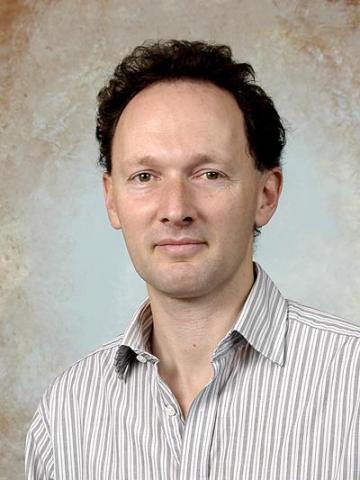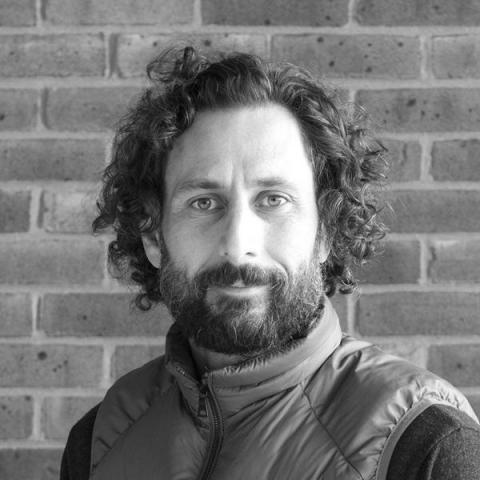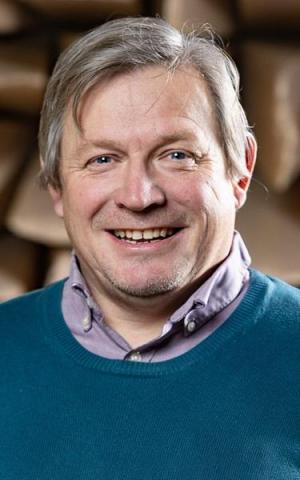About the project
Ecosystem function weakening due to reduction in top predator numbers is a first order global problem. In the oceans anthropogenic activities adversely affect marine mammals, with 25% of species being threatened. Determining their spatiotemporal distribution and abundance is central to understanding ecosystem health. The aim of this studentship is to combine Passive Acoustic Monitoring (PAM) and satellite-linked tracking (biotelemetry) to determine marine mammal abundance and distribution. Determining a reliable distribution of animals from these two contrasting techniques will require careful comparison, data integration and insight, as PAM techniques require identification of individual species from their call types, while in biotelemetry specific animals are tracked
Marine autonomous vehicles are effective in sensing and understanding the oceans and can be equipped with PAM devices that can record a large frequency bandwidth facilitating a high-fidelity and complete record of the marine soundscape. Interrogating the vast datasets that are recorded by fleets of autonomous data is a current challenge. The student will, firstly, apply and further develop machine-learning techniques to identify individual species. Secondly, the student will leverage large marine mammal tracking datasets, as well as abundance and distribution predictions, to compare and integrate tracking, distribution and abundance data with PAM data.
For full project details visit the Inspire project page.
Supervisors
- Professor Jonathan Bull (University of Southampton)
- Doctor Ryan Reisinger (University of Southampton)
- Professor Paul White (University of Southampton)
- Alex Phillips (University of Southampton)


